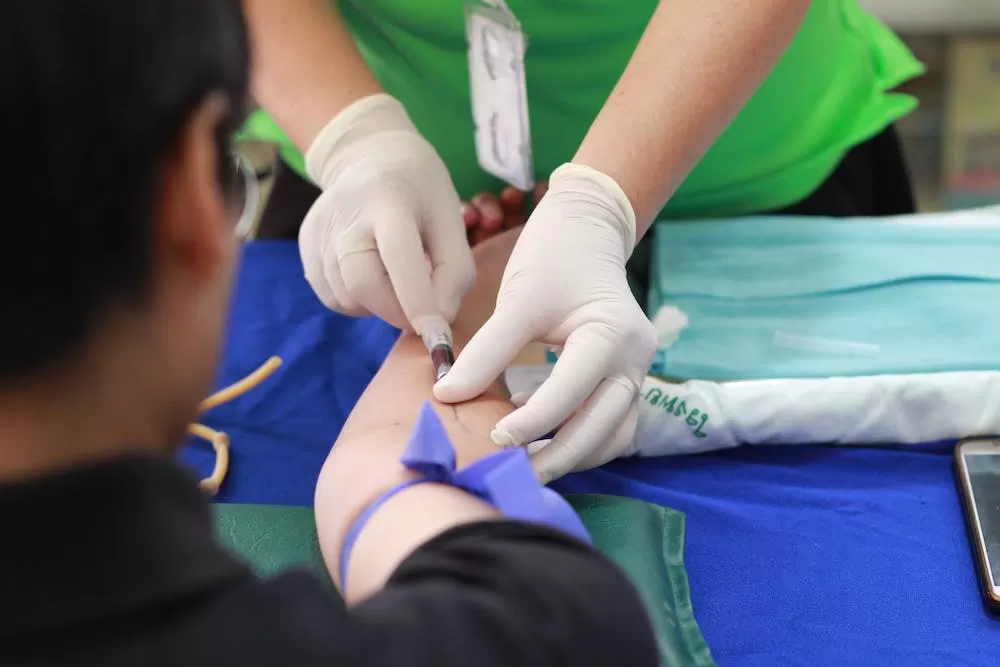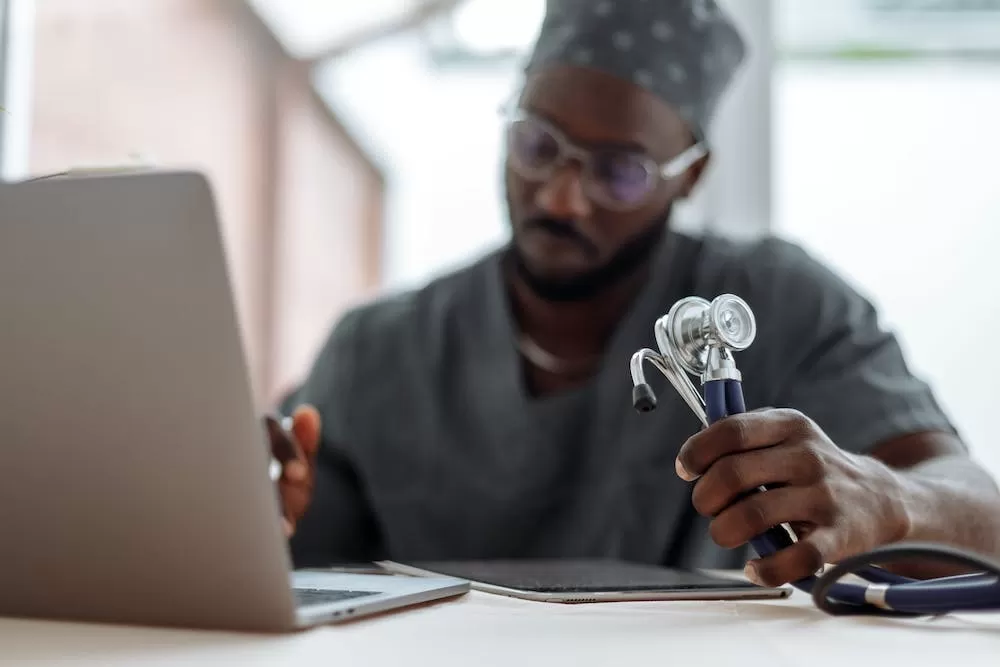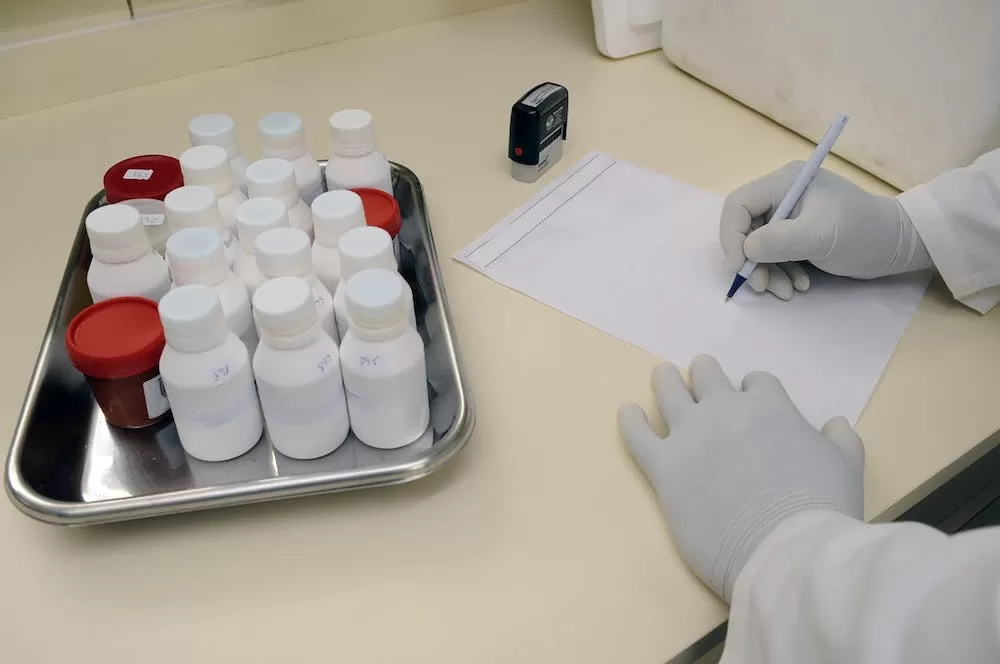When you go to a different country, you need to understand its healthcare system. Or, at least, the basics of it! You never know what may happen to you while you're there. If you're not up to date with how that country operates its healthcare system, you're in for a tough ride. You might find it difficult to go to a hospital and get a doctor. And even if you have, if you're not properly covered, your medical costs will drive you through the roof! At least, here in Morocco, the healthcare system is pretty easy to understand.
Morocco's Assurance Maladie Obligatoire (AMO)
Since 2005, Morocco's health system has been largely covered by the AMO or the 'Assurance Maladie Obligatoire.' It's the most basic medical scheme in the country. Though it's not necessarily a universal system, per se, Morocco still requires all of its citizens to get this health coverage. Those who aren't well-off can opt for the Medical Assistance Scheme (RAMED) instead. Both depend on social welfare and Morocco's
tax system. And speaking on social welfare, Morocco has an agreement with France allowing those living in the country but working for French companies to still get access to France's social security and
healthcare system.
What The AMO Covers
With all of that said, what exactly does the AMO cover? For one thing, employed citizens under the AMO can asl extend their coverage to also cover their spouses and unmarried dependents aged 21 and under. As for its benefits and services, it has a ton. The AMO gives access to general medicine, surgery and similar medical treatments, oral care, optimal health, laboratory tests, and paramedics. Expecting mothers covered by the AMO will also be given access to maternity wards and post-natal care. And, of course, the coverage will subsidize all your medical costs in Morocco as well.
How To Get Coverage in Morocco
So, how does one get access to Morocco's healthcare system? The easiest way is to find employment here. Employers in Morocco are required to provide healthcare coverage to all their employees, granting the latter access to AMO or to private insurance depending on what the company provides. With or without coverage, however, patients are expected to go directly to hospitals and clinics in the country for check-ups, tests, and the like. And if you opt for private insurance instead, you can simply go directly to your desired provider and get a personal plan. This will, however, include a monthly fee.
Getting Private Insurance
If you do go for private healthcare in Morocco, do note that this can cost you a lot more than going for (staying with your) AMO. Most especially since a lot of private plans offered by providers require you to pay monthly fees. With that said, however, getting private insurance does have a lot of benefits. They include access to private hospitals, makes you top priority in line, and the like. Tourists visiting Morocco will need private travel medical insurance to get healthcare in the country too. As for which provider to go for, international companies like
Cignal Global and
Allianz Care are the most recommended.
Public vs. Private Moroccan Hospitals
When it comes to hospitals in Morocco, which ones should you go for? Generally, if you're already covered by the AMO, you'll have no problem accessing public healthcare institutions. The best benefit from them is that they're often more affordable than private hospitals. However, most expats in Morocco prefer to avoid them since there are often long queues and they provide worse quality of care. Private hospitals, on other hand, don't just offer a higher quality of healthcare, they're also well-equipped. The downside, on the other hand, is that they're more expensive than public hospitals.
Common Health Problems in Morocco
As a precautionary measure, you have to know what kind of health risks that travels to Morocco often face. For instance, despite how delicious Moroccan food can be, food-related diseases are all too common in this country. It's not that hard to contract diarrhea, get intestinal parasites, typhoid, and the like. Don't just drink tap water freely in Morocco too. They're safer in major cities like
Marrakech and Casablanca, but other than those places, you're better off avoiding tap water altogether. Finally, insect-driven diseases such as malaria and dengue are also common in Morocco. Make sure to make use of all sorts of insect repellents during your stay here.
Going to Morocco may seem like a dream but when you encounter problems getting proper healthcare here, it can sooner turn into a complete nightmare! Know the basics of the country's healthcare system to make sure this sort of thing never happens to you!



